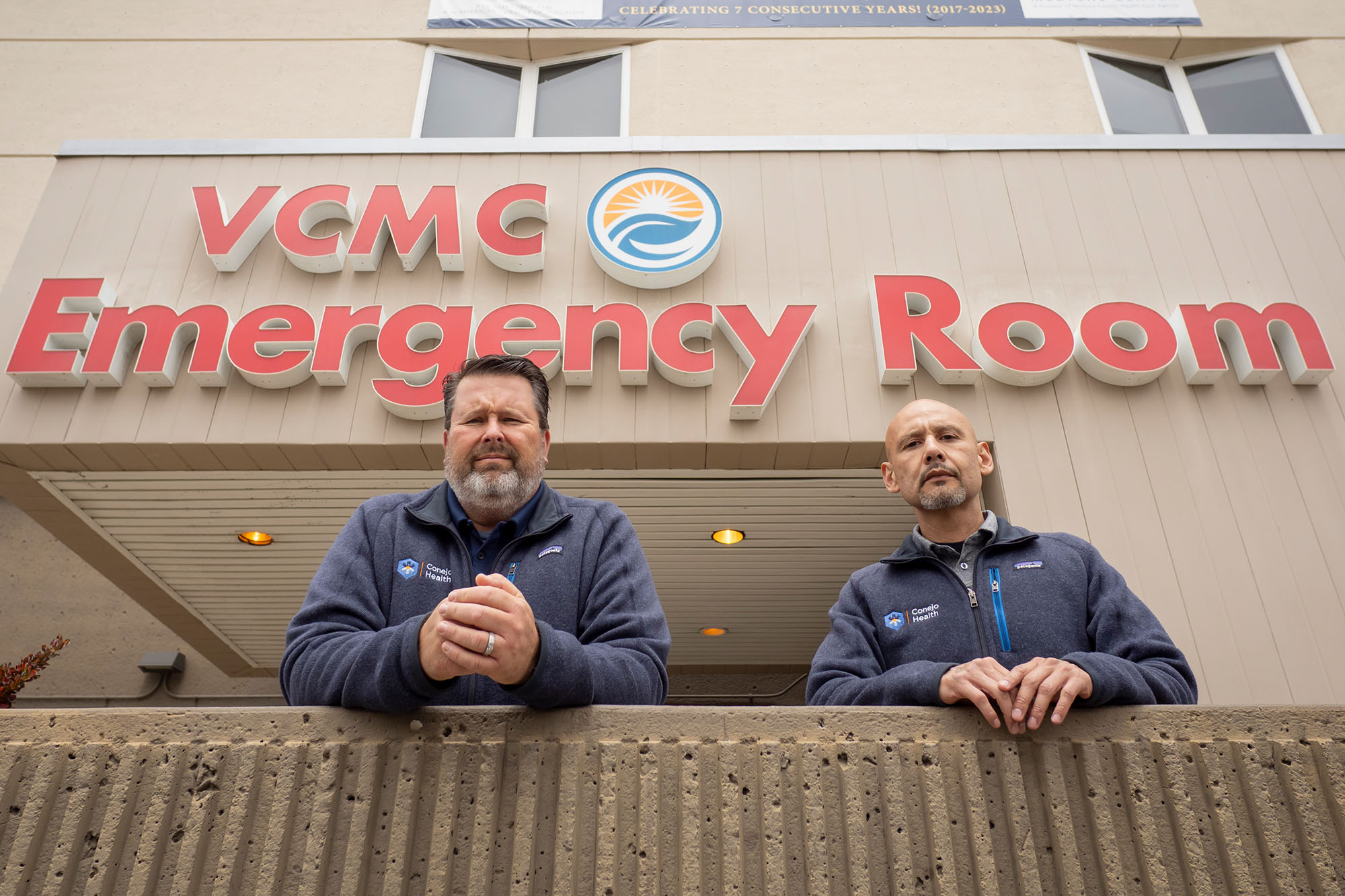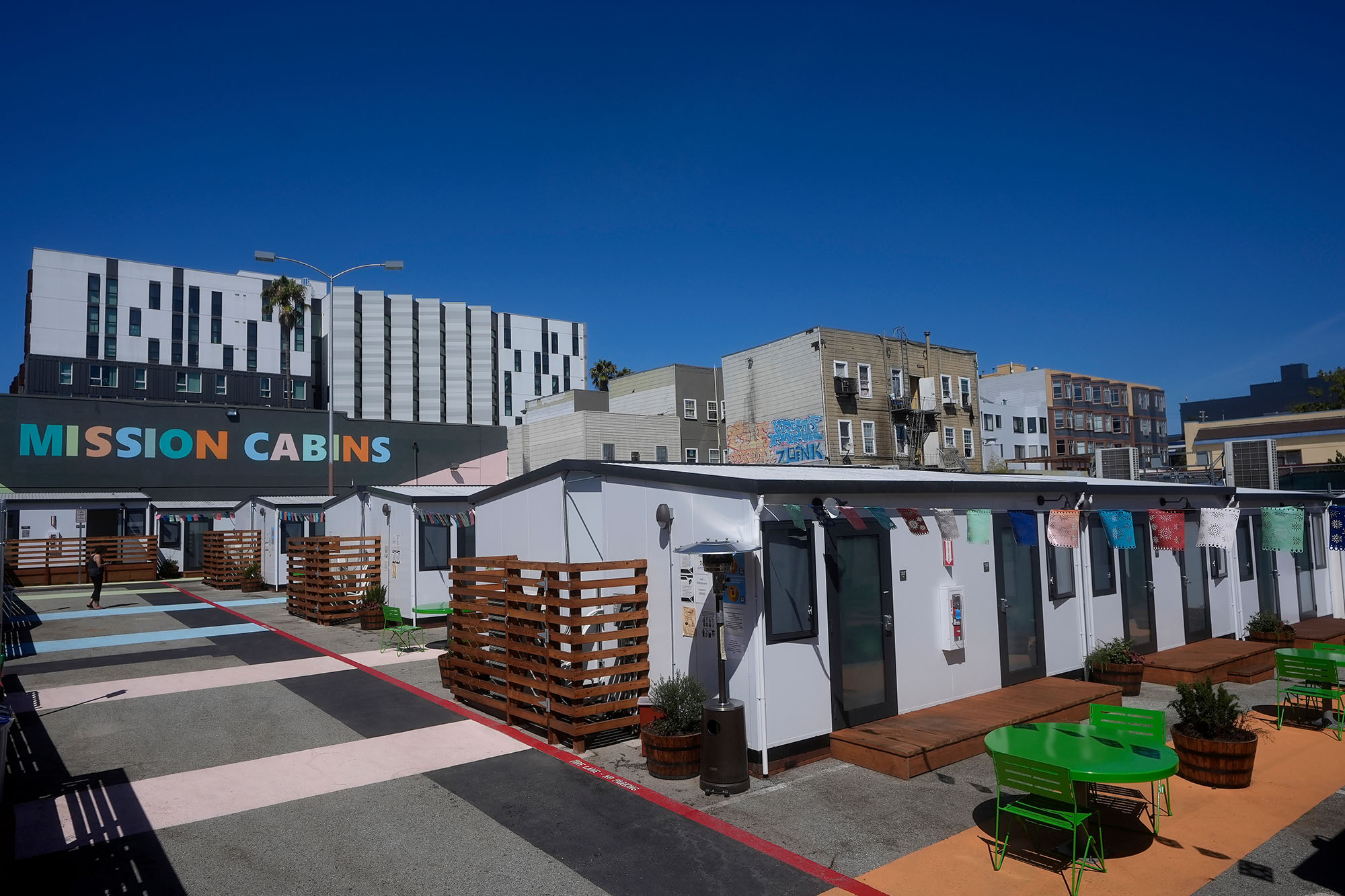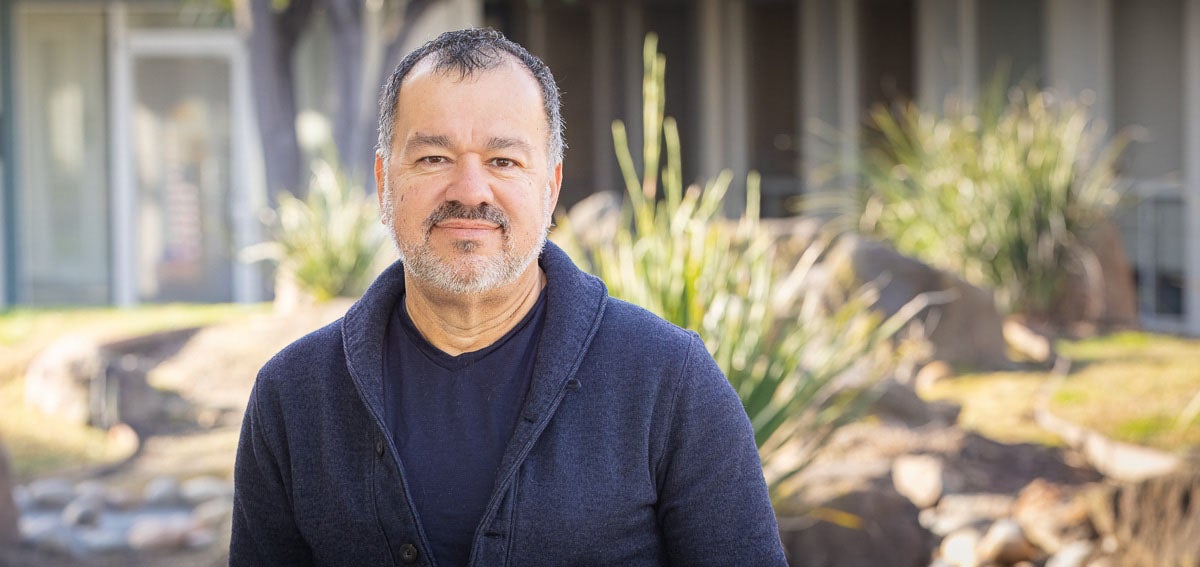Update: January 2024
California’s Medi-Cal program received federal approval to add community-based mobile crisis intervention services as a Medi-Cal benefit, effective January 2023.
Most counties began implementing the benefit last year. A handful have an extended deadline (PDF) until June 30, 2024.
Learn more about the mobile crisis services initiative on the Department of Health Care Services website.
Original post:
Too many people who experience a mental health or substance use crisis may touch several separate and often inappropriate systems — 911, law enforcement, hospital emergency departments, and even jails — without ever receiving the essential behavioral health treatment they need.
Now the federal Medicaid program is offering states the opportunity to create a new approach to responding to people in behavioral health crisis. Medicaid will soon begin reimbursing states for mobile crisis services — services provided to people experiencing a behavioral health crisis wherever the service is needed, any time of day or night.
The funding for these services is provided by the 2021 American Rescue Plan Act, which authorizes federal Medicaid matching funds for community-based mobile crisis response services (PDF). In part to encourage states to enact these optional services, the federal match is a hefty 85%. The benefit is available starting April 1, 2022, for up to three years.
California’s Department of Health Care Services addressed the importance of mobile crisis services in its January 2022 report Assessing the Continuum of Care for Behavioral Health Services in California: Data, Stakeholder Perspectives, and Implications (PDF), which highlights the need to develop crisis services as part of a broader behavioral health continuum, not only to help to people in crisis but also to connect them to long-term resources.
The national 988 crisis line, which took effect in July 2022, is one piece of this crisis response, and mobile crisis teams will be another. California is planning to add the mobile crisis benefit to the Medi-Cal program as soon as January 1, 2023.
While Medi-Cal does currently cover crisis intervention services under specialty mental health, those services are limited. Only certain counties offer crisis intervention services, and most of them do not offer them 24 hours a day. In many cases, care is provided only by telephone. The new benefit will cover face-to-face services available around the clock.
To qualify for federal Medicaid funding, community-based mobile crisis intervention services must be:
- Provided to a Medi-Cal enrollee experiencing a mental health or substance use disorder crisis
- Delivered “on the scene” — in a person’s home, workplace, or other setting but outside a hospital or other health care facility
- Provided by a multidisciplinary team that includes at least one behavioral health professional who can conduct an assessment, as well as other professionals or paraprofessionals (such as peer support specialists) with appropriate expertise in behavioral health crises and who are trained in trauma-informed care
- Available 24/7
Long-term, one goal is that these mobile crisis teams will enable cities and counties to shift away from reliance on police, who may be insufficiently trained in behavioral health crisis, toward other first responders who are, to help people in crisis.
CHCF has supported the development of resources about this new benefit, including these two papers from the Technical Assistance Collaborative:
- Mobile Crisis Teams: A State Planning Guide for Medicaid-Financed Crisis Response Services outlines planning considerations for states in developing or refining mobile crisis services that qualify for the 85% federal match.
- Federal Policy Recommendations to Support State Implementation of Medicaid-Funded Mobile Crisis Programs identifies important issues in mobile crisis implementation and describes ways that federal agencies could support state and local efforts.
CHCF also supports the National Health Law Program in its California behavioral health work. The organization recently published this short Q&A about the mobile crisis benefit in Medi-Cal.





